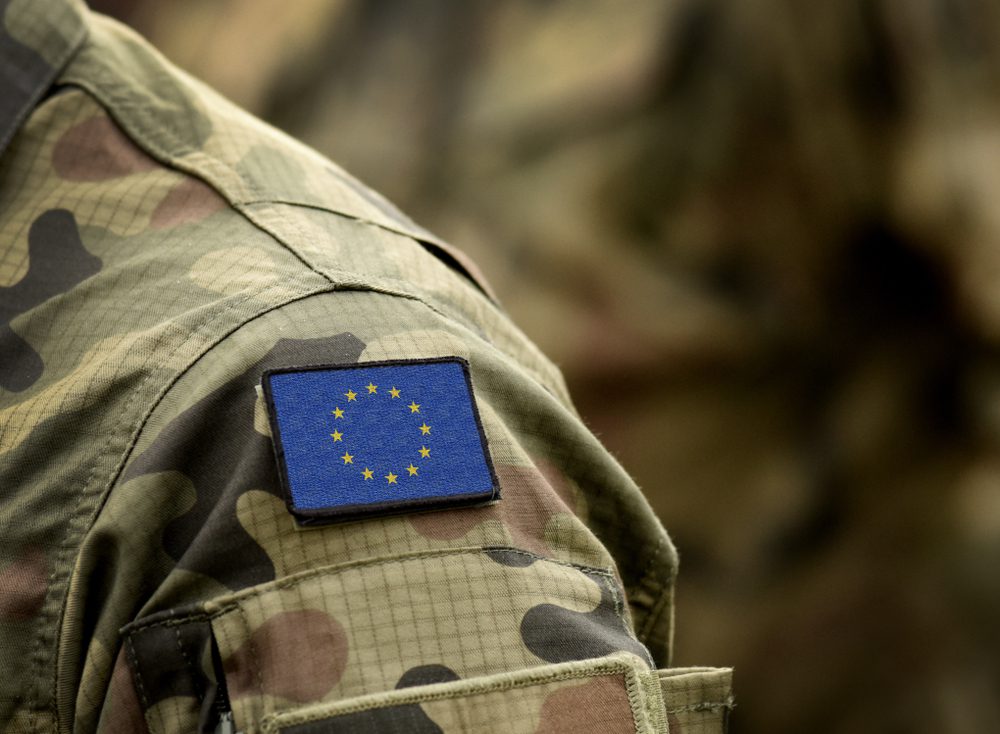
A new report by the Mathias Corvinus Collegium (MCC) Brussels identifies systemic failures in EU security policy. Authored by Bill Durodié, chair of Risk and Security in International Relations at the University of Bath, the paper calls for better engagement between policymakers and the public, by reintroducing national service and patriotic education to create the civic infrastructure needed for EU policy-making to evolve. It argues that patriotism should not be feared as a gateway to nationalism but as a fundamental part of civic instruction.
Durodié claims the EU lacks the strategic vision and initiative required for long-term thinking in the modern world. Security policy bears all the institutional and historical scars of the Union itself: it lacks foundational examples to ground itself in and shows an inherent tendency to drift into directionless bureaucracy. The bloc’s response to Russian aggression is particularly deficient, since its strategy is to merely respond to threats rather than set the agenda.
For all the EU’s rhetoric about protecting human rights and freedom, Brussels has treated its citizens in a snide, patrician manner that serves to separate the people from policymakers.
The MCC report stresses that EU decision-making is based on 27 disparate countries, each with their own interests and agendas, rather than a uniform body, with decisions being rendered by officials that are oblivious to the public at large. Starting out as an economic community, the EU has become a fledgling world power that lacks the institutional maturity to wield its authority. Durodié points out:
EU security policy has emerged, falteringly, over a protracted period, encompassing wildly different external pressures and stimuli, as well as a whole host of internal needs and agendas which, in their turn, were driven by quite disparate historical experiences, cultures and interpretations.
What has filled the vacuum in Durodié’s eyes is ad hoc policy-making by officials who proceed without public consensus or understanding, rather than by specific heads of state. A brand of “managerial anti-politics” that bypasses the public is driven by conflicting interests, and is drowning in a sea of bureaucracy, substitutes for a proper secretariat that governs democratic society in Europe.
A case study for this is the continuing battle over Europe’s Common Security and Defence Policy (ECSDP). It has been repeatedly downgraded due to a lack of vision and consensus, and has remained largely beyond the grasp of the average EU citizen.
In terms of its military capabilities, the EU has abandoned most of its ambitions on defence due to infeasibility, relying instead on smaller, less formidable “battlegroup” formations of 1,000 men.
In global affairs, the EU is a bystander compared to NATO or even the UN. The EU’s absence of unanimity and its tendency to avoid the hard questions on security have given its policy a lack of coherence that feeds a cycle of toxic managerialism. These ways of working lead to a disempowered and apathetic EU public, which is prone to populism.
Durodié warns against an EU that is reactive rather than proactive in its security thinking, an assessment evidenced by the failure of EU foreign policy to adequately address the external threat of Russian aggression this past year.
Furthermore, the era of risk-averse managerial elites leading the bloc aimlessly from crisis to crisis must come to an end, as various geopolitical challenges loom on the horizon for the continent:
The EU now finds itself challenged by Russia for energy supplies, China over trade, and the U.S. (as famously called out by President Trump over financial contributions to NATO and other commitments), in relation to defence.
The EU is capable of putting on a “good show” in the day-to-day administration of bureaucratic affairs but falls flat on foreign policy and security objectives. Despite Jean Monnet’s assertion that ‘’Europe would be forged in a crisis,” Brussels has failed to make the grade, according to the MCC report.
The EU lacks the basic loyalties given to older nation states and the democratic systems which legitimise them, despite its grandiose rhetoric and ambition. The current mobilisation of the Ukrainian people against a foreign foe shows the everlasting need for a people and an ethos to defend a state.
The technocratic tendencies of the EU, perhaps driven by the complications of unification, prevent the growth of the necessary institutions for governance. Bureaucrats cannot fill the gap left by a lack of coherent vision, allowing its security agenda to be dictated by outside forces in Africa or Ukraine, or affecting its relationship with the United States.
The MCC report identifies that security comes from the engagement of national citizenry and their willingness to participate and, if necessary, sacrifice for a common cause. The greatest security threat facing the EU is the divide between its elites and its citizens, despite constant references to “the people.”
The report urges for a “living relationship” to emerge between policymakers and voters to give European institutions—and their flag—some meaning and semblance for the population. Until then, the flag with twelve stars against the blue background will always remain hollow.
